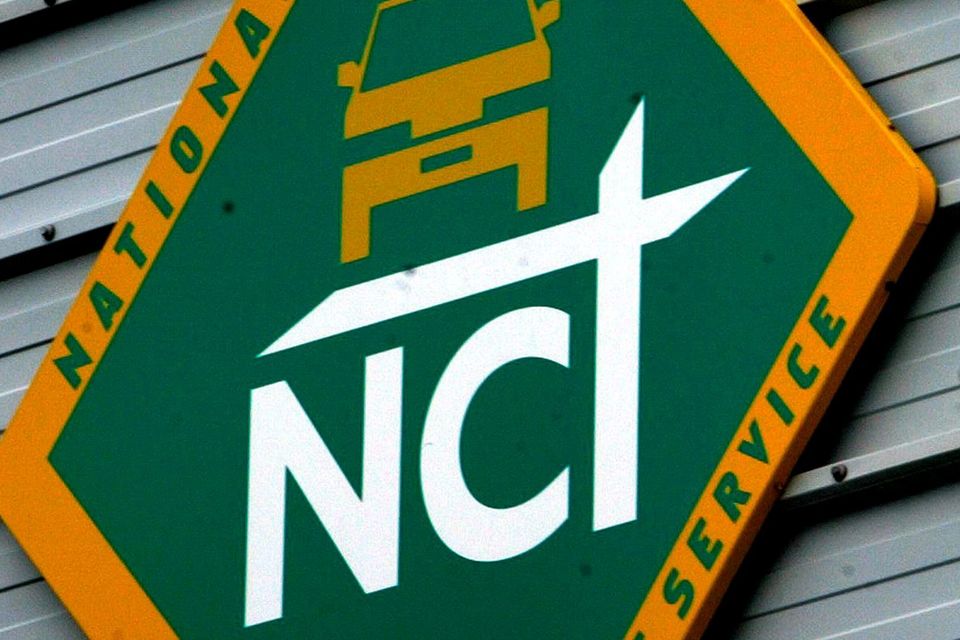NCT and not insurers should dictate if cars are roadworthy
NCT centre
It's the National Car Test which is supposed to dictate whether or not your car is safe to drive. It seems manifestly unfair that an insurance company is now making that decision.
The move from Aviva and Allianz to restrict cover to cars registered after 2000 may be based on sound, commercial underwriting logic, but it's of little comfort to motorists hoping to secure the best deal on the market.
Fear
When two of the country's biggest insurers exclude hundreds of thousands of vehicles, a justifiable fear is that others will follow suit.
It's worth noting that Liberty Insurance also excludes vehicles aged 20 years or older.
The Department of Transport says the actions of all companies are regrettable, but surely this merits more of a response?
Just four years ago, the NCT was changed and all cars aged 10 years or older were subject to an annual test, instead of one every two years as used to apply.
This was because they tended to fail more often and it was believed that a more rigorous examination would help improve road safety standards.
That came at a cost of €55 per test to the motorist, but now it appears that insurance companies are saying the testing regime isn't rigorous enough and that these vehicles simply do not pass muster.
Should the Department and Road Safety Authority not be questioning this logic? What's next?
Will it follow that companies will decide not to cover cars aged 10 years or older, or five years, even if the best available scientific evidence - based on a forensic examination of collision data - suggests that the condition of the vehicle is rarely a contributory factor in smashes: It's the actions of the driver.
A blunt instrument is being used. If they are risk-adverse, companies could quote high premiums to deter certain categories of risky drivers from taking out cover with them.
But punishing all on the basis of the actions of a few is both unfair and unacceptable.
Join the Irish Independent WhatsApp channel
Stay up to date with all the latest news















